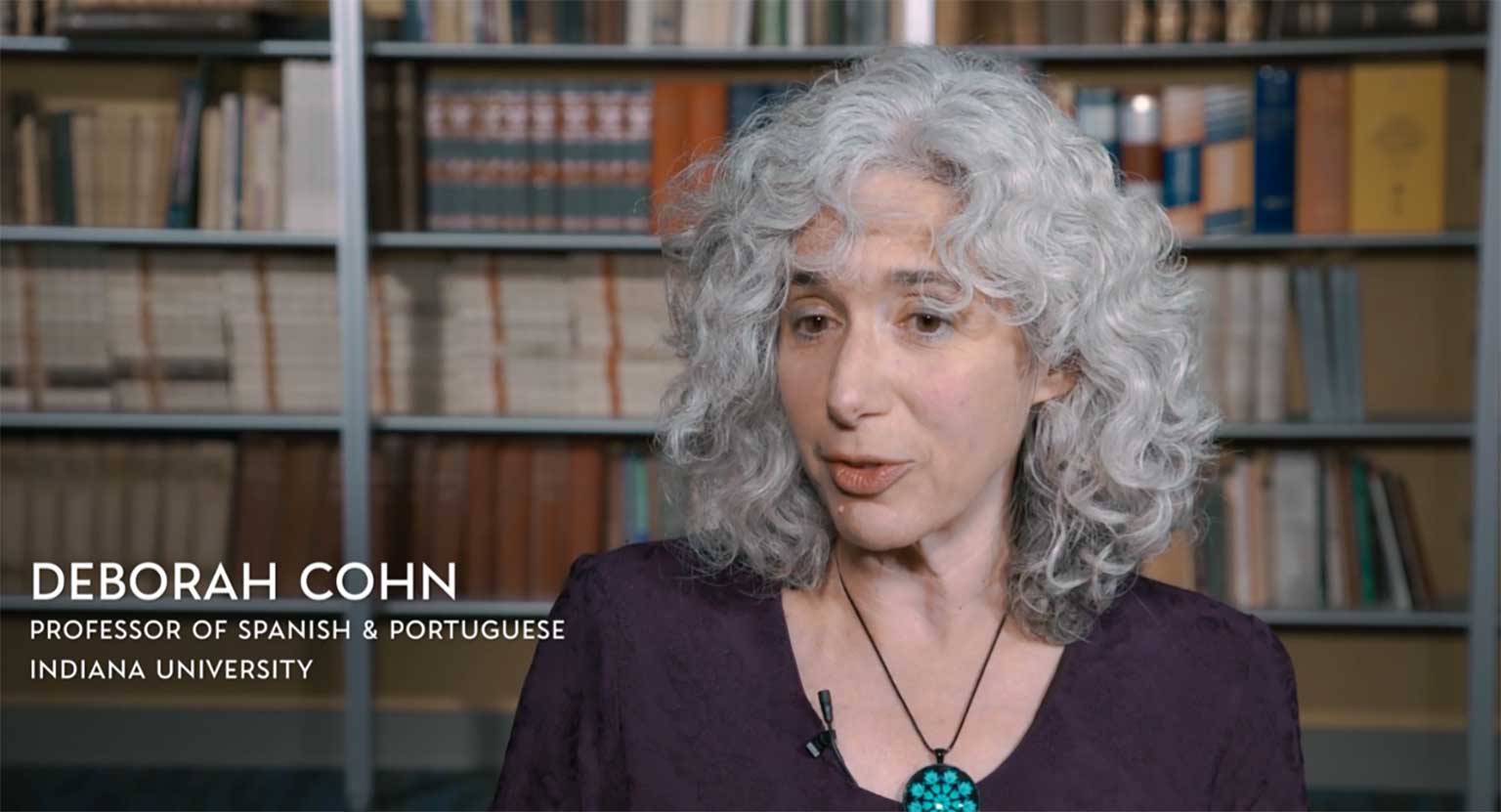Professor Deborah Cohn is featured in the first feature-length documentary on Nobel Prize-winning author William Faulkner (1897-1962), “Faulkner: The Past Is Never Dead” (2023). The film premiered at the Oxford (MS) Film Festival this past March, where it was also the subject of a panel featuring Cohn and other Faulkner experts. (“Faulkner” was also an official selection at the 35th Galway Film Fleadh in July.)
Faulkner was a prolific writer whose work remains powerful and relevant today. Cohn’s first book, History and Memory in the Two Souths: Recent Southern and Spanish American Fiction(Vanderbilt 1999), examines how his writing about the U.S. South and its history—its struggles against a North, as well as its struggles with underdevelopment, neocolonialism, civil war, and racial injustice—resonated with the experiences of Spanish American authors. Thus, although Faulkner was from Mississippi, he was claimed by writers such as Gabriel García Márquez, Carlos Fuentes, and Mario Vargas Llosa as “a writer from the Caribbean,” “a Latin American writer,” and, simply, “one of us.”
Cohn also writes about Faulkner’s travels to Latin America, Asia, and Europe for the U.S. Department of State in the 1950s and early 1960s. Her commentary in the documentary explores how while the State Department wanted the writer to serve as a goodwill ambassador and represent the U.S.—its Cold War values and the democratic system alike—audiences abroad instead appreciated the writer’s willingness to give them an honest picture of the U.S. and its struggles, rather than just propaganda. She further examines how Faulkner would speak to, and sympathize with, the challenges—political, postcolonial, racial, and beyond—facing the different countries that he visited.

 The College of Arts
The College of Arts